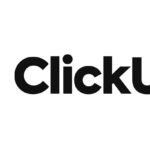Running an online business can be challenging, especially when it comes to setting and achieving goals. With so many tasks and responsibilities vying for your attention, it can be difficult to stay focused on your objectives. However, with the right goal setting tools and techniques, you can streamline your efforts and achieve greater success. In this post, we’ll explore some of the best tools and techniques for online business owners to set and achieve their goals.
1. SMART Goals

One of the most popular goal setting techniques is the SMART method. SMART stands for Specific, Measurable, Attainable, Relevant, and Time-bound. By following this method, you can create goals that are well-defined, achievable, and measurable. Here’s an example of how you can apply the SMART method to an online business goal:
Specific: Increase website traffic by 25% in the next quarter Measurable: Use Google Analytics to track website traffic Attainable: Create high-quality content and share it on social media to attract visitors Relevant: Increase website traffic to generate more leads and sales Time-bound: Achieve the goal within the next quarter
2. OKRs

OKRs (Objectives and Key Results) is another popular goal setting method used by online businesses. It’s a framework that helps businesses set clear and measurable goals that align with their overall vision and strategy. OKRs consist of two parts: objectives and key results. Objectives are the desired outcomes, while key results are the metrics used to measure progress. Here’s an example of how you can apply the OKR method to an online business goal:
Objective: Increase customer retention Key Results:
- Increase the number of repeat customers by 15%
- Decrease customer churn rate by 10%
- Increase customer satisfaction score by 20%
3. Monday.com
Monday.com is a versatile project management platform designed to enhance productivity, streamline workflows, and simplify goal tracking for online businesses. Its user-friendly interface provides a clear visual overview of your projects, tasks, and deadlines, making it easier than ever to stay organized and on track.
What sets Monday.com apart is its ability to adapt to your unique business needs. Whether you’re managing a small team or coordinating large-scale projects, its customizable boards allow you to create and adjust workflows that fit your style. Along with goal setting, you can assign tasks, track progress, and view real-time updates, making it a comprehensive tool for any online business owner.
Moreover, Monday.com fosters collaborative work. Share files, leave comments, and tag team members directly on the platform, ensuring everyone stays connected and informed, no matter where they are located.
Finally, Monday.com integrates seamlessly with popular tools such as Google Drive, Slack, and Microsoft Excel, further extending its capabilities and simplifying your overall workflow.
4.ClickUp
ClickUp is another powerful tool that offers robust features for goal setting and project management. Notably, ClickUp’s Goals feature allows you to break down your objectives into measurable targets, aligning them directly with tasks to effectively track your progress.
With ClickUp, setting up and managing your goals is incredibly intuitive. Each Goal can be divided into smaller, manageable Targets, helping you to maintain focus and steadily work towards your overall objective. ClickUp’s Targets can be numeric, currency, true/false, or task-based, offering flexibility to accommodate different types of goals.
ClickUp also supports collaborative work. Tasks can be assigned to team members, and the team’s activity feed keeps everyone updated on the project’s progress. This way, everyone on the team knows exactly what needs to be done and who is responsible for each task.
ClickUp’s dashboard provides a comprehensive view of your goals and tasks, displaying them in easy-to-understand charts and graphs. This visual representation helps you quickly gauge your progress and identify any areas that may need extra attention.
The platform integrates with over 1,000 tools including Slack, Google Drive, and Zoom, meaning you can centralize all your work and communications in one place. ClickUp offers a solid combination of flexibility, comprehensive features, and user-friendliness, making it an excellent tool for online business owners.
5. Trello
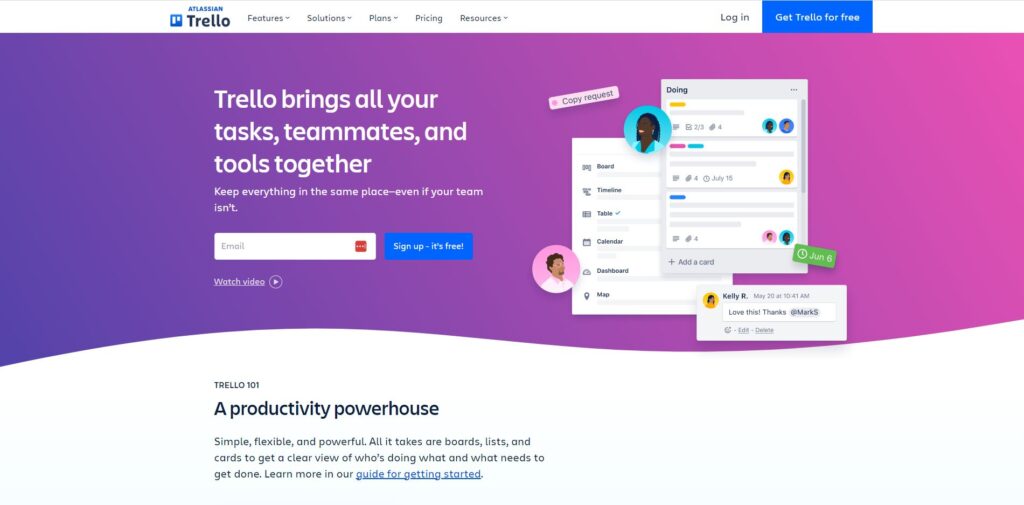
Trello is a popular project management tool that can help you organize your goals and tasks. With Trello, you can create boards, lists, and cards to manage your projects and track your progress. You can also collaborate with your team and assign tasks to specific members. Trello is a great tool for online businesses because it’s easy to use, customizable, and integrates with other tools such as Google Drive, Slack, and Zapier.
6. Asana
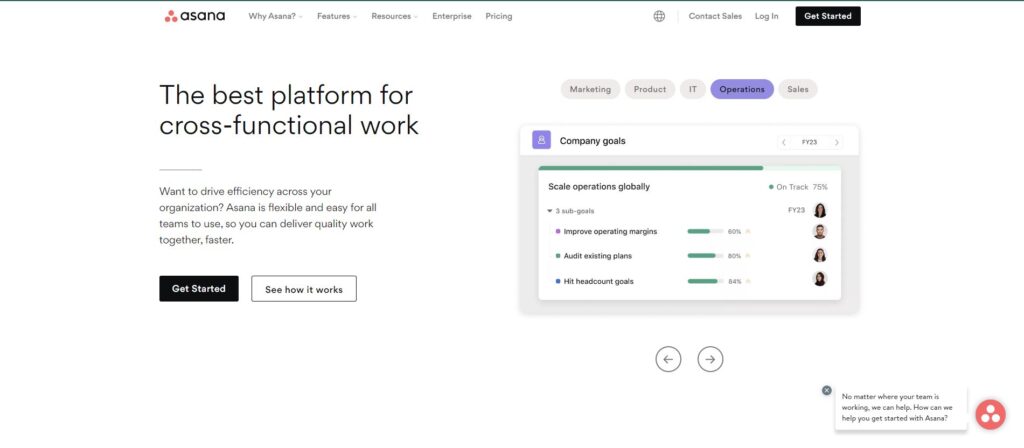
Asana is another project management tool that’s popular among online businesses. It’s a comprehensive tool that can help you manage your tasks, projects, and team members. With Asana, you can create tasks, assign them to team members, set due dates, and track your progress. Asana also offers features such as calendars, timelines, and dashboards to help you visualize your progress and stay on track.
7. Google Analytics
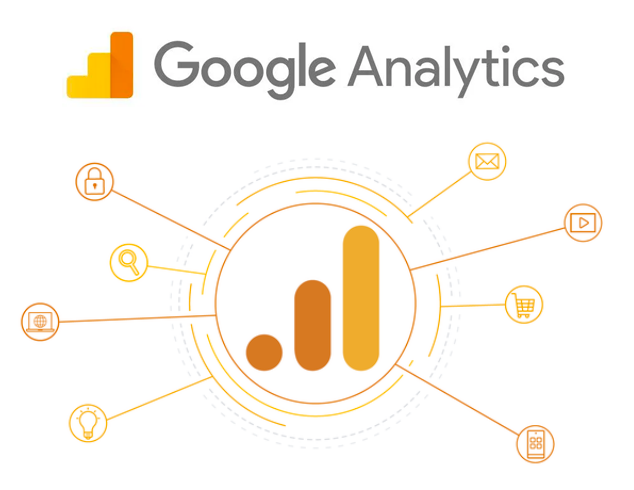
Google Analytics is a free tool that can help you track your website traffic and user behavior. With Google Analytics, you can see how many people are visiting your website, where they’re coming from, and what pages they’re viewing. You can also track metrics such as bounce rate, time on site, and conversion rate. Google Analytics is a valuable tool for online businesses because it can help you identify areas for improvement and make data-driven decisions.
8. Ahrefs
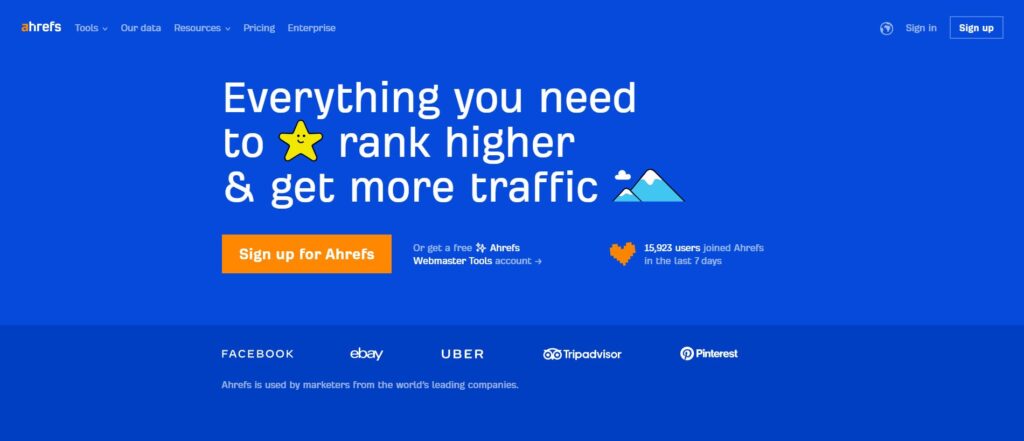
Ahrefs is a powerful SEO tool that can help you improve your website’s search engine ranking. With Ahrefs, you can analyze your competitors’ backlinks, track your own backlinks, and identify keywords to target. Ahrefs can also help you track your website’s organic search traffic and monitor your website’s health. Ahrefs is a valuable tool for online businesses because it can help you.
As an Honest Digital Adviser
It’s important to remember that while goal setting tools and techniques can be helpful, they are not a guarantee of success. Running an online business requires hard work, dedication, and a willingness to adapt and learn. It’s also important to set realistic goals and understand that success may not happen overnight. As you work towards achieving your goals, be sure to stay focused, track your progress, and make adjustments as needed.
In addition, it’s important to approach your online business with honesty and integrity. Don’t make false promises or misrepresent your products or services. Build a reputation as a trustworthy and reliable business owner, and you’ll be more likely to attract and retain customers over the long-term.
Remember, setting and achieving goals is just one part of running a successful online business. By combining goal setting tools and techniques with hard work, honesty, and a commitment to your customers, you can build a thriving and profitable online business.




